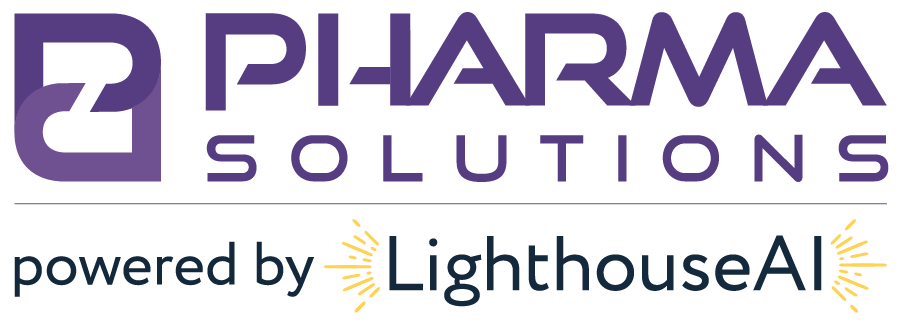AmerisourceBergen Reprimanded for Ineffective Suspicious Order Monitoring
The settlement between the California Board of Pharmacy and AmerisourceBergen demonstrates the importance of embracing Suspicious Order Monitoring as a systematic and procedural
Background
The California Board of Pharmacy settled its longstanding investigation of AmerisourceBergen (ABC) on February 21, 2020. From 2010 through 2015, two facilities in Corona and Valencia, California, sold large quantities of Dilaudid, Norco, Oxycodone, Phenergan with Codeine, Soma and Xanax to five pharmacies in particular. As such, two ABC distribution centers and three Designated Representatives agreed to a settlement and disciplinary action for their:
-
Clearly excessive furnishing of controlled substances;
-
Failure to comply with corresponding responsibility to furnish controlled substances for legitimate medical purpose;
-
Failure to report suspicious drug orders to the DEA; and
-
Unprofessional conduct.
ABC agreed to pay a total of $150,000: $10,000 for the costs that the California Board of Pharmacy spent for investigation and enforcement and $140,000 for the civil penalty.
Pulling the String
Looking from the outside, ABC has everything required in place: a Suspicious Order Monitoring system, Standard Operating Procedures and even an outside consulting group to perform DEA compliance audits. So why wasn’t that enough?
Thresholds Are Outdated
Thresholds have again proved to be insufficient for identifying and stopping suspicious orders. ABC admitted to excessive furnishing of controlled substances because their threshold system allowed tens of thousands of tablets to be delivered to pharmacies.
Pharma Solutions’s flagship product, NavigateSOM, utilizes patterns and comparative analytics to ensure customers are ordering within limits.
The Importance of Investigation
A strict compliance department is crucial to the success of the business. Although pharmacies appeared on “over threshold reports,” the company could not explain (at least as determined by the complaint) why some orders were filled and why the pharmacies were not shutdown.
NavigateSOM serves as a repository for investigation – including allowing both user-specific notes and uploading of required documentation.
How Secondary Wholesalers Can Make Do With Partial Data
By design, secondary wholesalers act a supplement for sourcing when a primary vendor has a higher price or does not have product available. However, without the knowledge of the amount of product purchased from other sources, secondary wholesalers very limited insight into how much is being purchased by that customer – which leaves companies ineffectively and manually pouring over 90 day dispensing reports.
NavigateSOM’s newest algorithm is designed to account for the total dispensing volume of a customer to identify whether that customer is utilizing that secondary responsibly or whether it is a strategy to divert product.
For more information on suspicious order monitoring, customer due diligence or standard operating procedure development, please reach out to us directly.
Photo source: https://www.deachronicles.com/2017/10/west-virginia-imposes-new-suspicious-order-reporting-requirements/




0 Comments